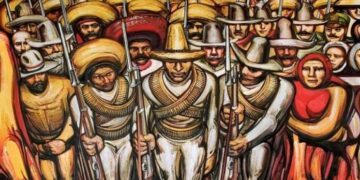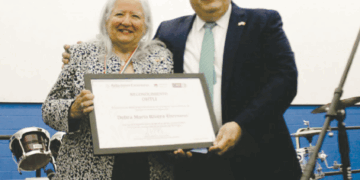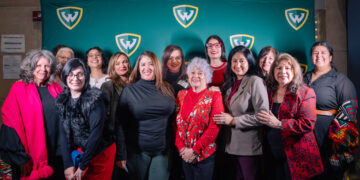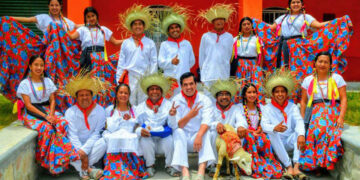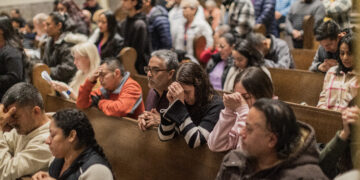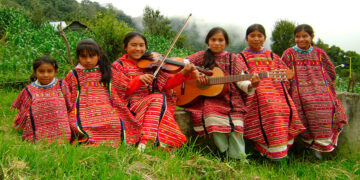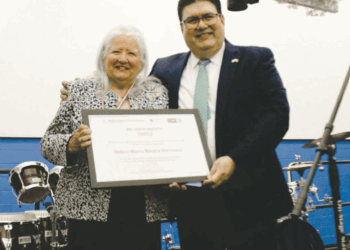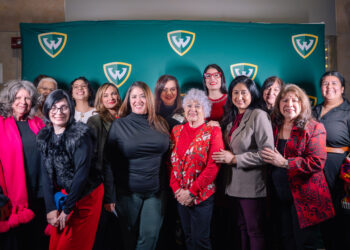One evening a number of years ago, Nandi Comer, Michigan’s future Michigan poet laureate (2003-2005), joined a friend at a lucha libre wrestling match in Guadalajara, Mexico. Comer, who had begun learning Spanish as a child and counts Southwest Detroit as “fundamental” to her development as a writer, educator, and activist, had dived into a two-year excursion of studying, teaching, writing, and translating in Mexico’s second-largest city. Comer was doubtful that she would be interested in this outsized, exaggerated expression of Mexican culture. But, to her astonishment, she was transfixed. As Comer witnessed muscular, colorful, masked opponents throw themselves at each other in remarkable acts of choreographed violence that loosed volleys of passionate cheering and calling from every part of the arena, she realized that lucha libre was a window into Mexican society spanning class, race, and gender.
She returned again and again to the ring and eventually wrote a book of poems organized around the theme of lucha libre, Tapping Out, named after the act of a wrestler tapping the canvas with his or her hand when submitting to defeat.
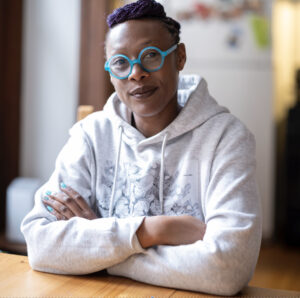
Although lucha libre fans will recognize legendary luchadores Mistico and El Terrible in a poem titled ¡Sangre! ¡Sangre! ¡Sangre! (Blood! Blood! Blood!), they will not have felt those fighters’ pain, exhilaration, and sense of the physical struggle of teetering on the edge of victory, defeat, or survival with the intensity and vividness rendered by Comer in this poem. Her poems are like electrified sculptures: each sentence is layered with multiple meanings, rippling and writhing, sending the reader into a sort of vivid dream that surges with physicality and emotion. She found in lucha libre a framework for poetry about many of the complexities and contradictions and injustices of living life. Comer said one of the challenges of writing poetry is to “put words to the intangible.” In Tapping Out she has succeeded. In “Losing Between Manholes and Myths,” Comer tells of the nightmarish but real phenomenon of women of Guadalajara who have fallen into manholes in the violent rainy season, where “Fear streams of gutter water/rivering through the town. Flood rain takes girls with mud and waste.”
In addition to her award-winning writing, Comer has served in many different education organizations, including as a writer-in-residence in Detroit Public Schools with InsideOut Literary Arts. She has touched the lives of hundreds of students by showing them how to tap their unique creative voices. Comer earned a B.A. in English and in Spanish with an emphasis on Latin American Culture from the University of Michigan, and in 2016 she completed an M.A. in African American Literature from the Department of African American and African Diaspora Studies and an M.F.A. in Poetry from the English Department at Indiana University.
Comer’s laureateship allowed her to promote poetry throughout the state, including in the upper peninsula, by holding readings and workshops at schools, libraries, and community centers with local poets who shared their writing. As a culminating project, billboards were placed throughout the state featuring the work of Michigan poets.
To learn more about Nandi Comer’s writing and projects, including a public television series and other videos, visit www.nandicomer.com.
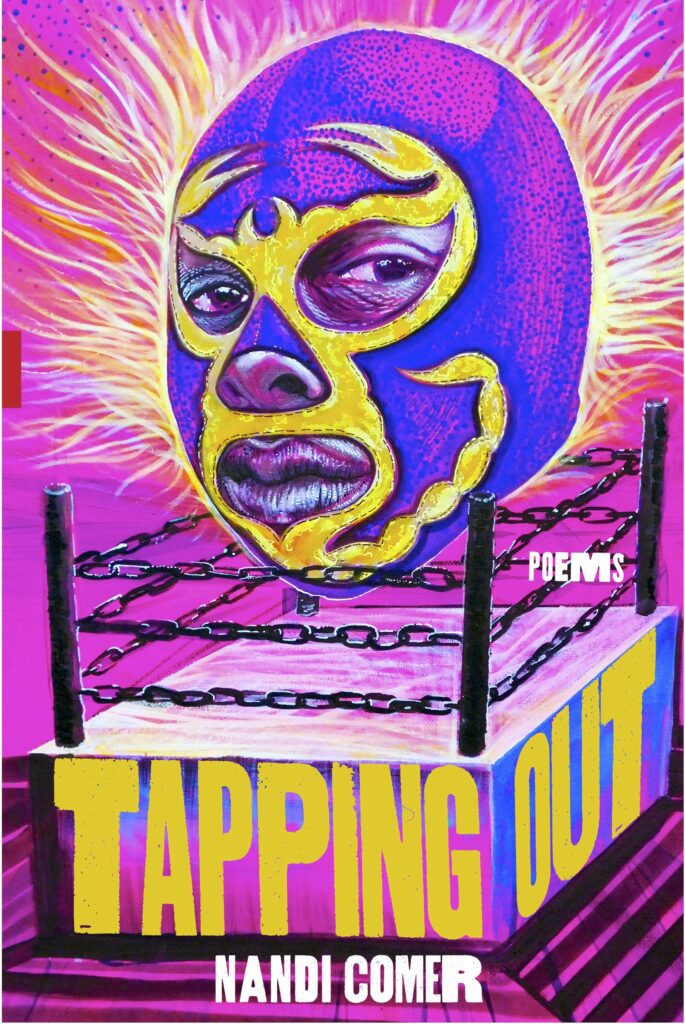
William Bowles is an instructor at Wayne County Community College and Wayne State University. He was a teacher and librarian at Western International High School for 25 years.





